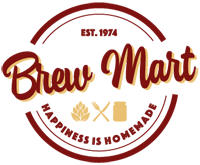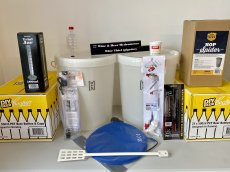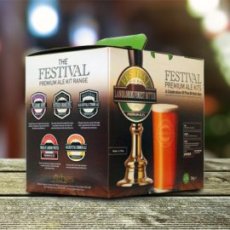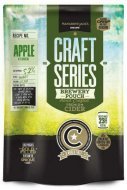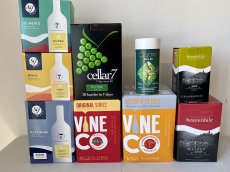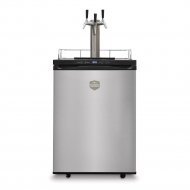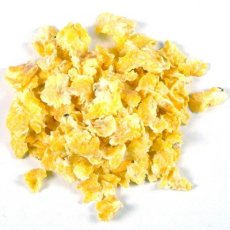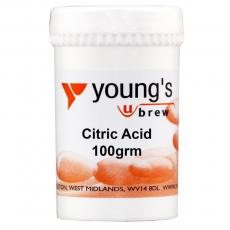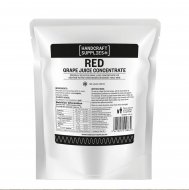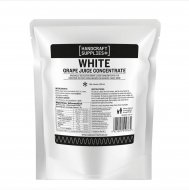Sign up to the Brew Mart newsletter for the latest news, offers & more

Grape Juice Concentrate
Making wine from grape juice concentrate has never been easier. Brew Mart has the best grape juice concentrates for wine making for you to choose from.
Red or white grape juice, mainly for making wine, whether as a supplement or as a base for country wines. Wine made from from pure grape juice is delicious.
Grape juice concentrate, a thick and syrupy version of the beloved beverage, packs a potent punch of flavour and versatility. Its uses extend beyond simply diluting it into juice, making it a valuable ingredient in kitchens, wineries, and the health and beauty spheres. Here's a peek into the diverse world of grape juice concentrate:
BEVERAGES:
- HOMEMADE JUICES AND SMOOTHIES: Dilute the concentrate with water or other fruit juices to customize your sweetness and flavour profile. Think refreshing grape juice spritzers, vibrant berry smoothies, or tropical cocktails with a hint of grape.
- WINEMAKING: Grape juice can boost the sugar content and body of homemade wines, especially for those made from fruits lower in natural sugars like berries. Grape concentrate can also add depth and complexity to the final product.
FOOD AND BAKING:
- SWEETNER AND FLAVOUR ENHANCER: Add a burst of grapey sweetness and depth to baked goods like muffins, cakes, cookies, and bread. You can also use it to glaze roasted vegetables or meats for a touch of caramelization.
- JAMS AND JELLIES: For a richer and more intense grape flavour, use concentrate as the base for homemade jams and jellies.
HEALTH AND BEAUTY:
- NUTRITIONAL BOOST: Grape juice retains some of the minerals, vitamins, and antioxidants in fresh grapes. Adding a small amount to yoghurt, oatmeal, or salad dressings can give your diet a little nutritional boost.
- DIY BEAUTY TREATMENTS: The antioxidants in grape Juice can benefit skin health. Some people dilute it in face masks or hair rinses for a natural glow and added shine.
Remember, moderation is essential when using grape concentrate. Because it is high in sugar, be mindful of portion sizes and consider diluting it with water or other juices to manage the sweetness.
With its wide array of applications, grape juice concentrate is a true all-star in the kitchen. So next time you reach for a jar, unleash your creativity & explore its endless possibilities!
